Kaspersky drops anti-trust complaint - here's what Microsoft did to appease them
3 min. read
Published on
Read our disclosure page to find out how can you help MSPoweruser sustain the editorial team Read more

Kaspersky has been running a battle against Microsoft’s free Windows Defender software since last year, and that included making an official complaint to the European, German and Russian antitrust authorities. Now in a new development, the company has announced it would be dropping its complaint in all territories following changes Microsoft introduced in the Fall Creators Update to address their concerns.
Kaspersky complained that Microsoft automatically turned Windows Defender on when a 3rd party anti-virus subscription expired. They also complained that Windows 10 updates sometimes cause Kaspersky to disappear from users’ PCs. Windows 10 then automatically turn on Windows Defender, claiming that the Kaspersky antivirus “doesn’t work on this version of Windows.” Kaspersky complained that independent software developers were given just seven days before the release of Windows 10 to make their software compatible with the new operating system, leaving too little time to make sure their application was compatible.
Microsoft did not deny these problems but claimed it was aimed at ensuring Windows 10 users has continuous anti-virus coverage even when their anti-virus expired or became incompatible due to Windows updates.
To appease the company Microsoft made the following changes to how they deal with those critical coverage issues:
- Microsoft said they will work more closely with AV vendors to help them with compatibility reviews in advance of each feature update becoming available to customers. This means customers can expect Microsoft will have worked through compatibility issues with AV providers before offering the update to customers running that AV, which should prevent third party antivirus apps being disabled due to OS compatibility issues.
- Microsoft will give AV partners better visibility and certainty around release schedules for feature updates. This includes increasing the amount of time AV partners will have to review final builds before the next Windows 10 feature update is rolled out to customers, which should address the same issue.
- Microsoft will enable AV providers to use their own alerts and notifications to renew antivirus products before and after they have expired.
- Microsoft has modified how Windows will inform users when their antivirus application has expired and is no longer protecting them. Instead of providing an initial toast notification that users could ignore, the new notification will persist on the screen until the user either elects to renew the existing solution or chooses to rely on Windows Defender or another solution provider.
The last two changes are of course somewhat intrusive, and who has not been annoyed by Kaspersky pop-ups telling us our subscription has expired. The changes have however mollified the company and avoid unpredictable results from the various antitrust committees in the various jurisdictions.
What do our readers think of these changes? Let us know below.
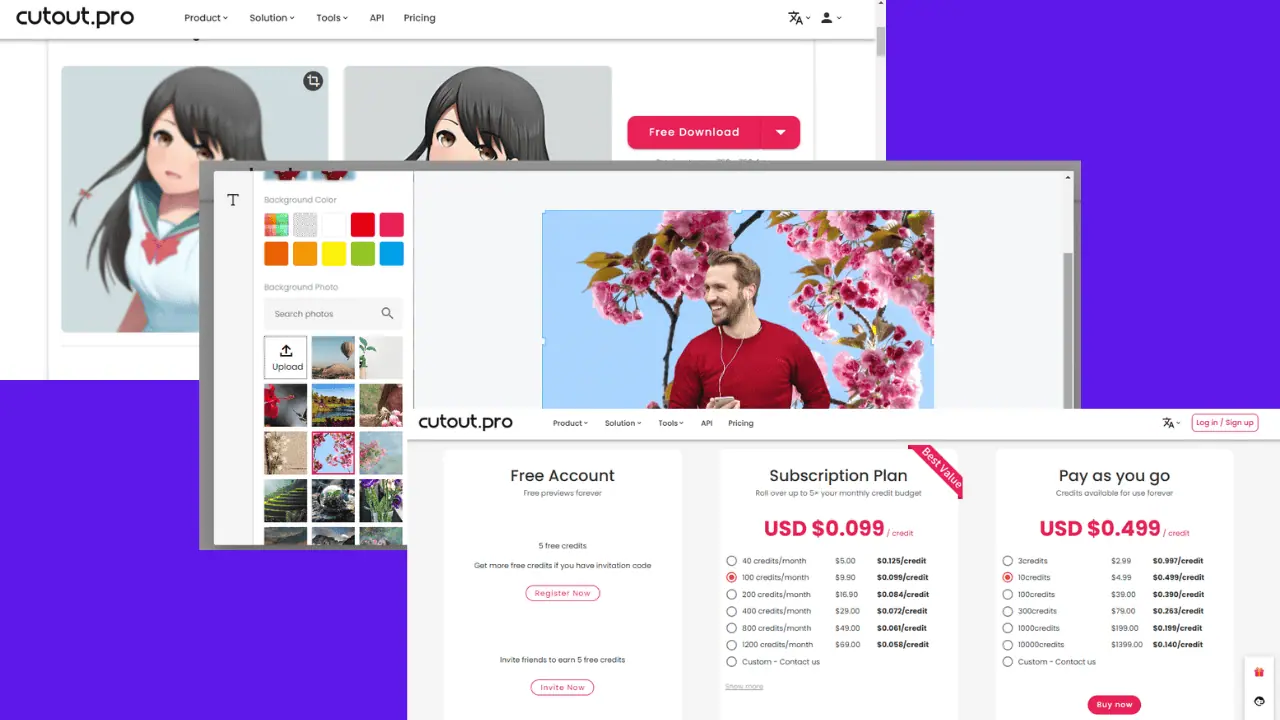
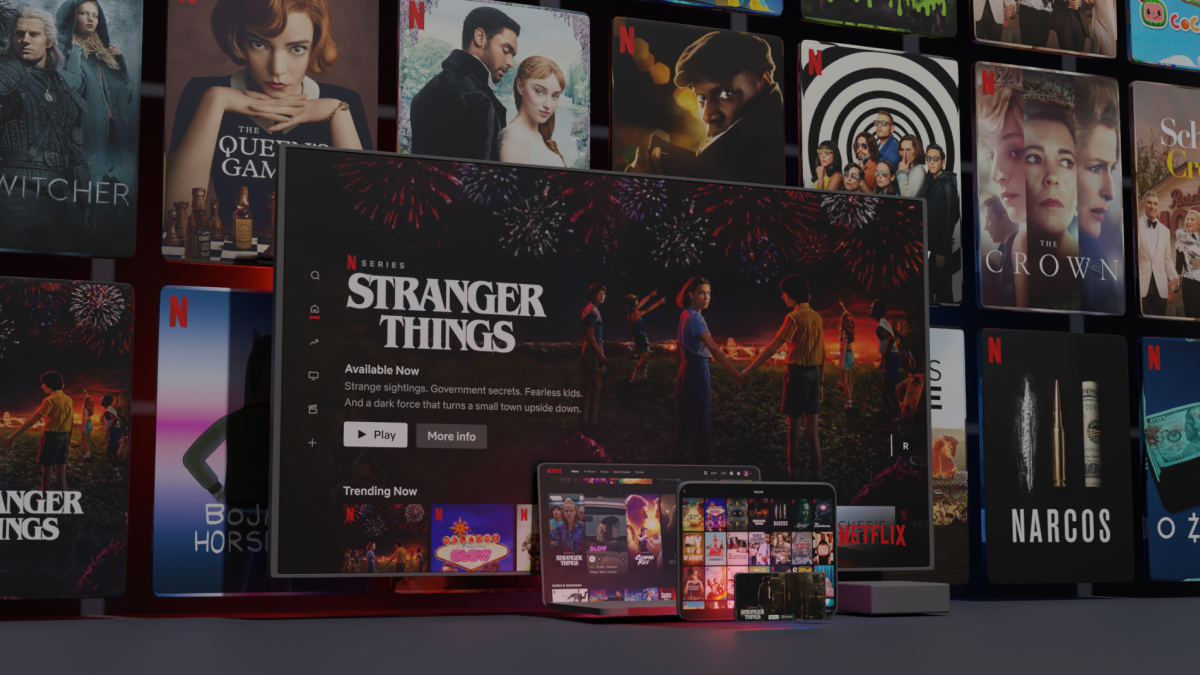
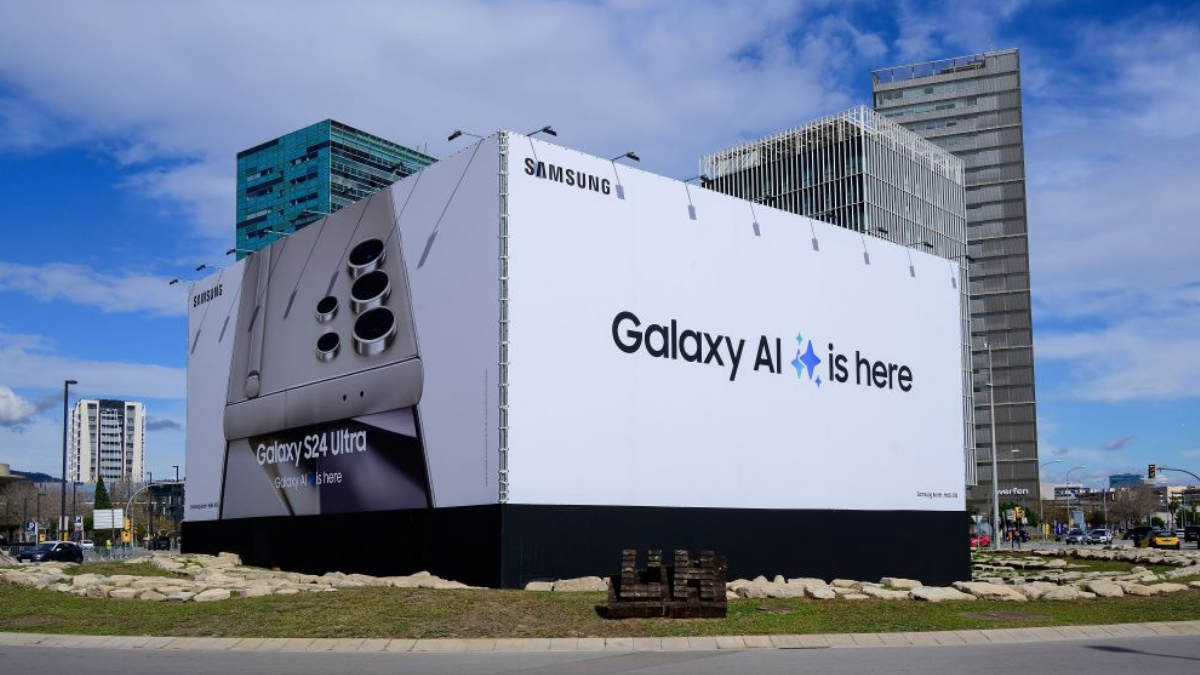
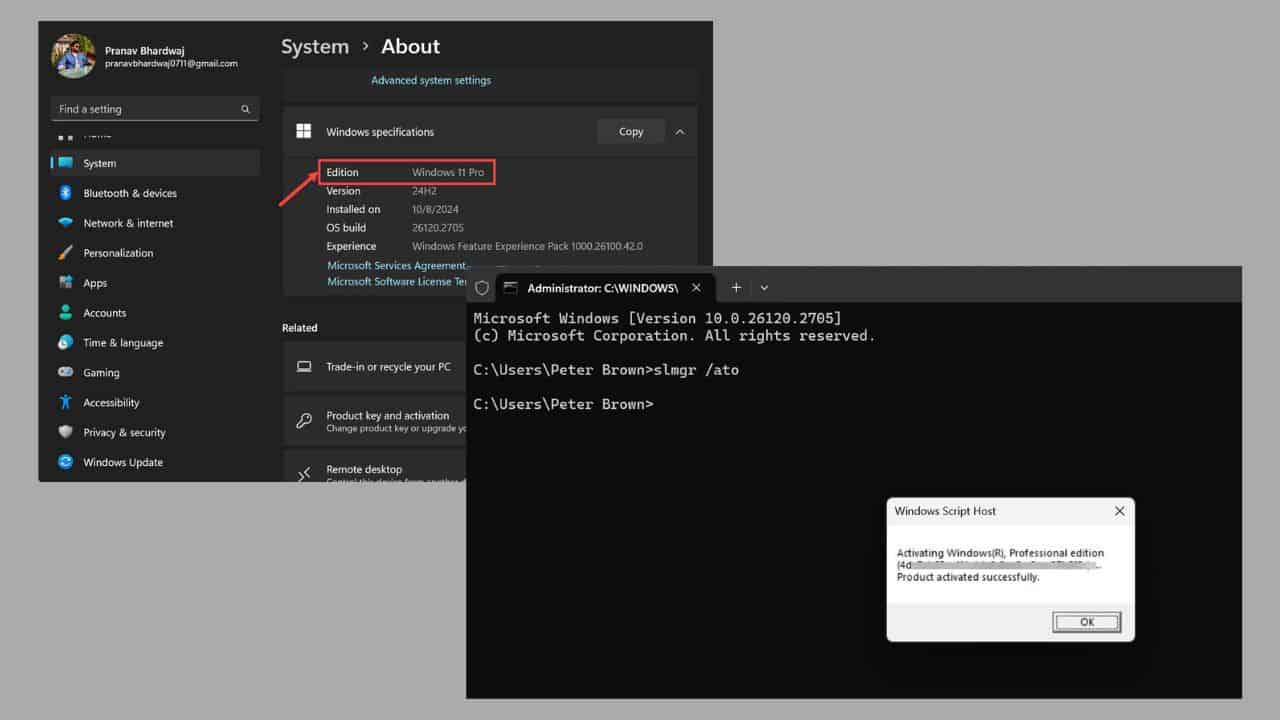
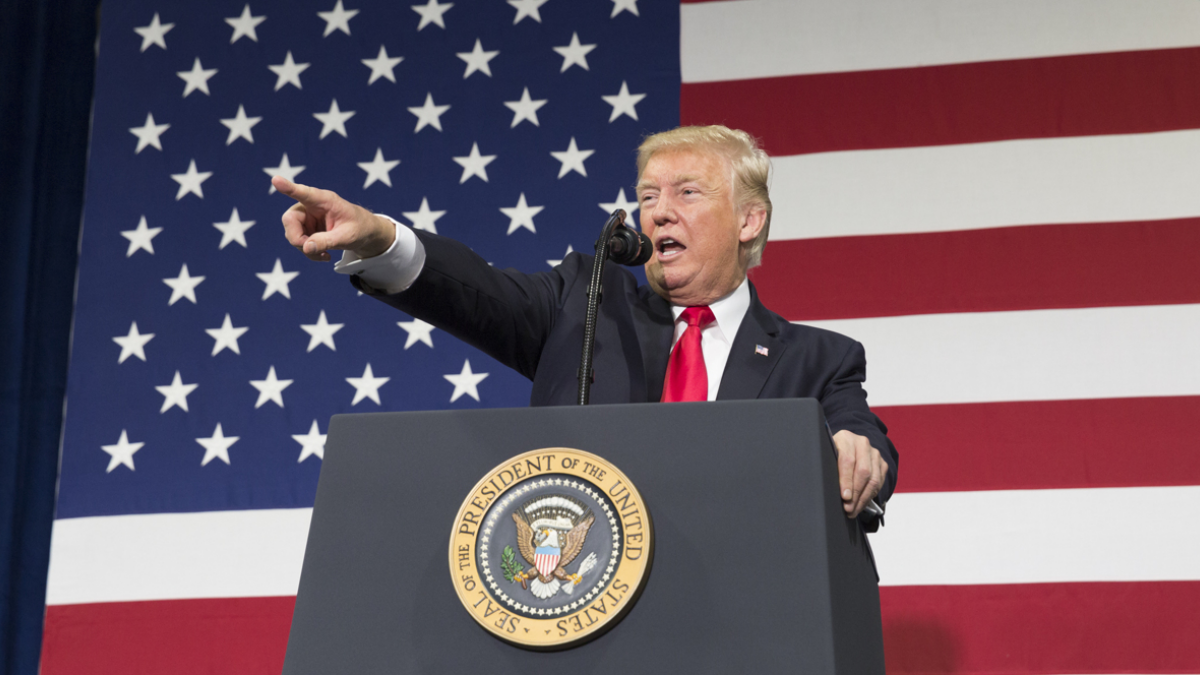
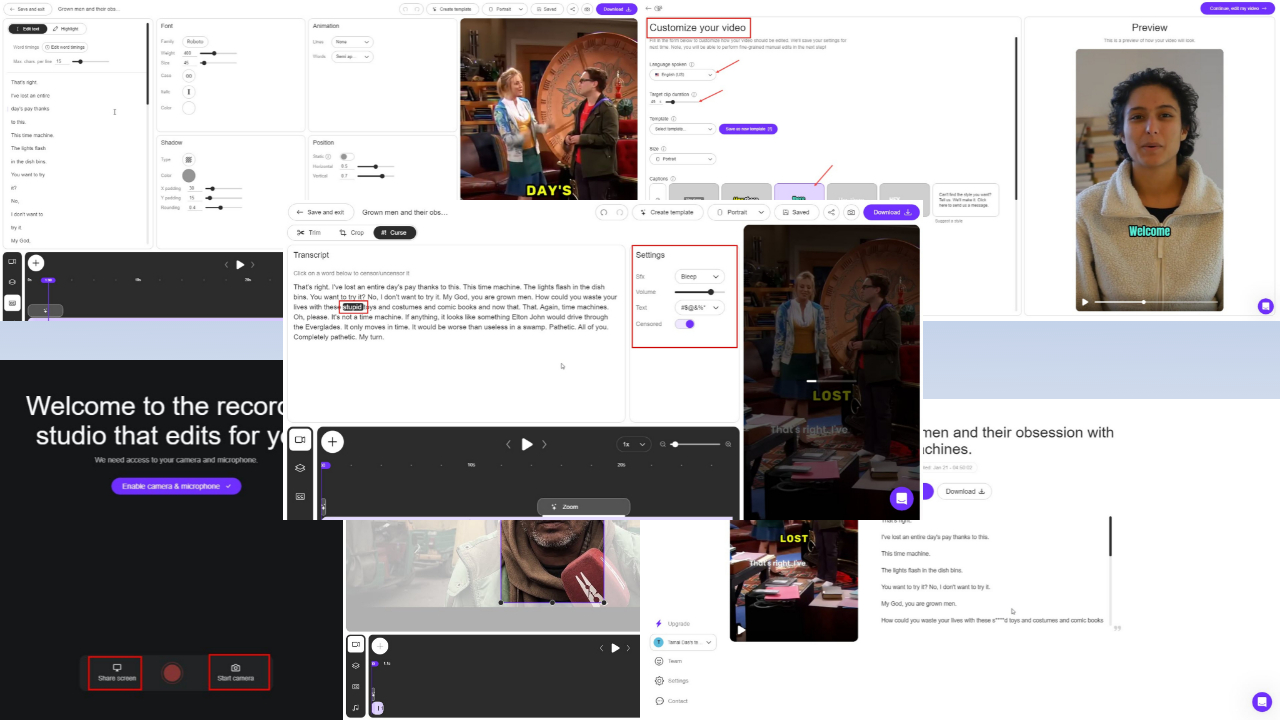
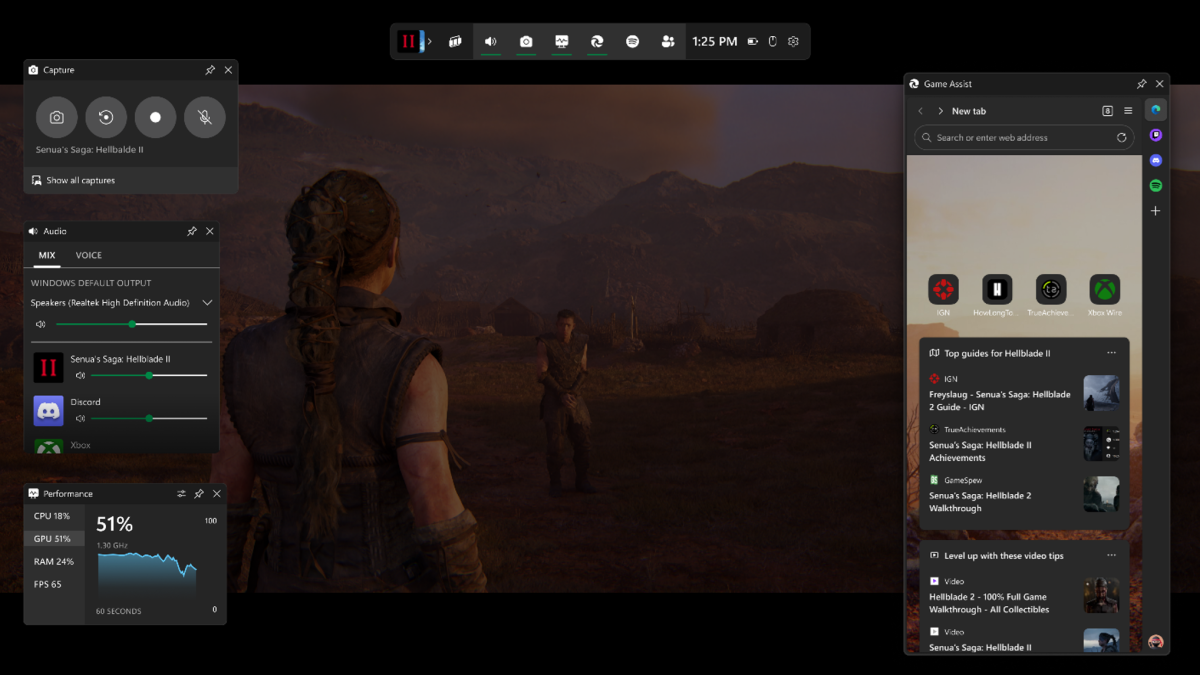
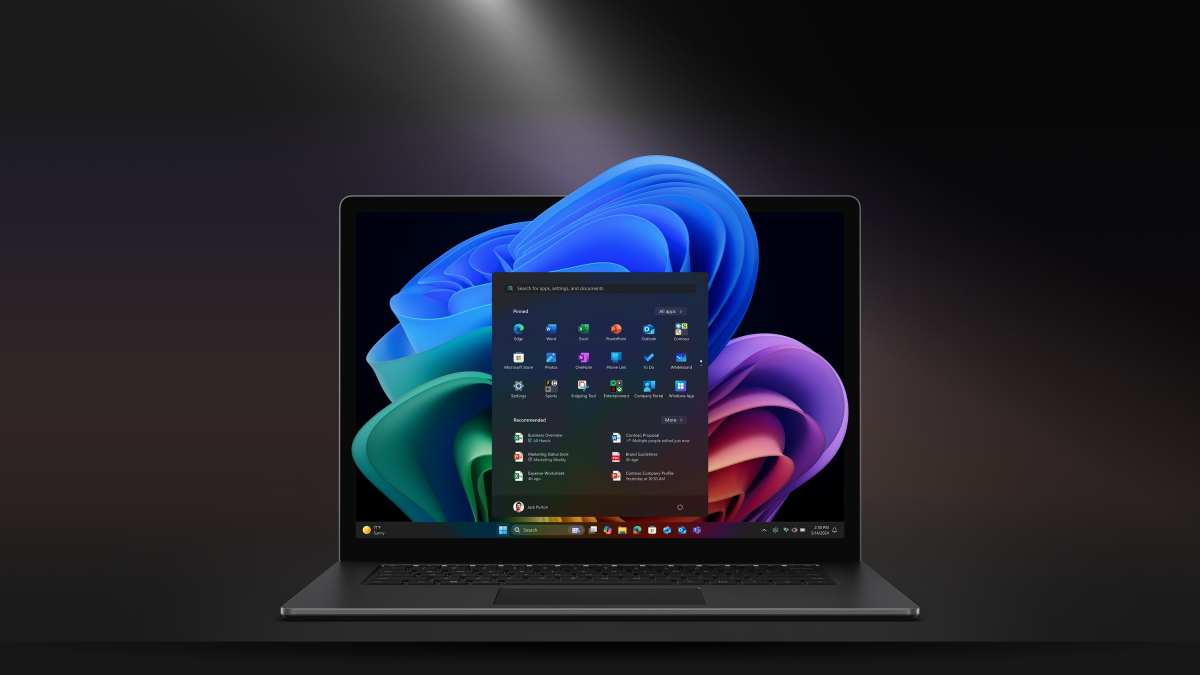
User forum
0 messages